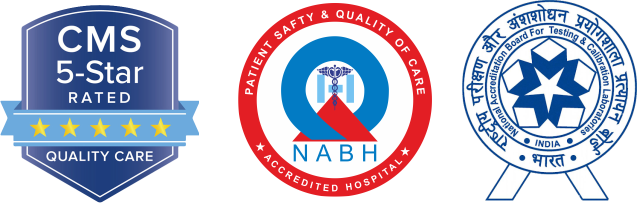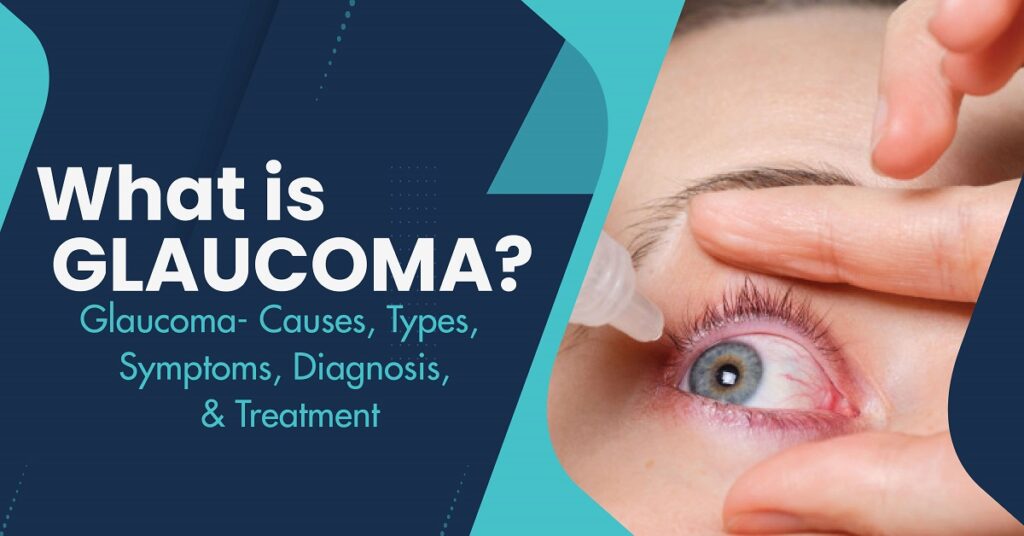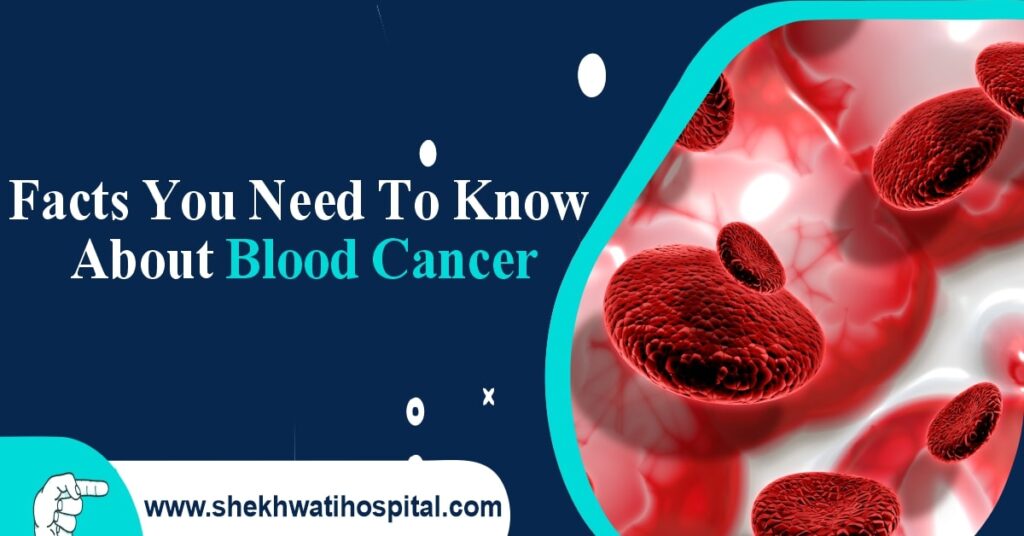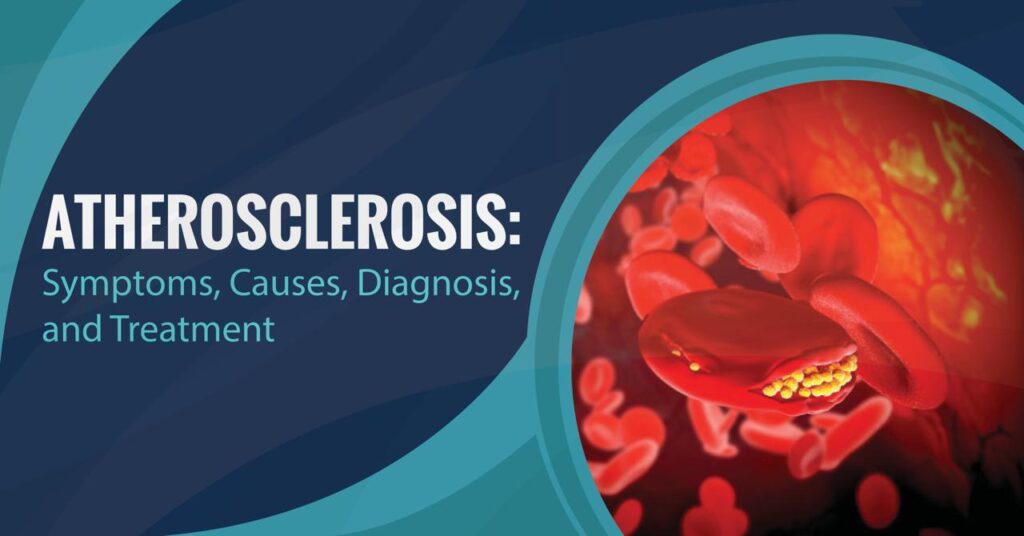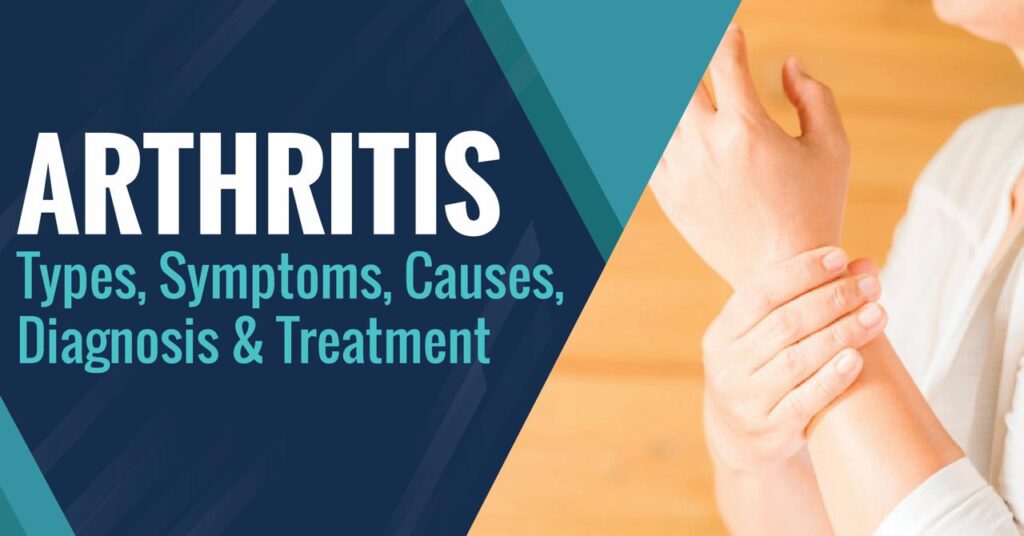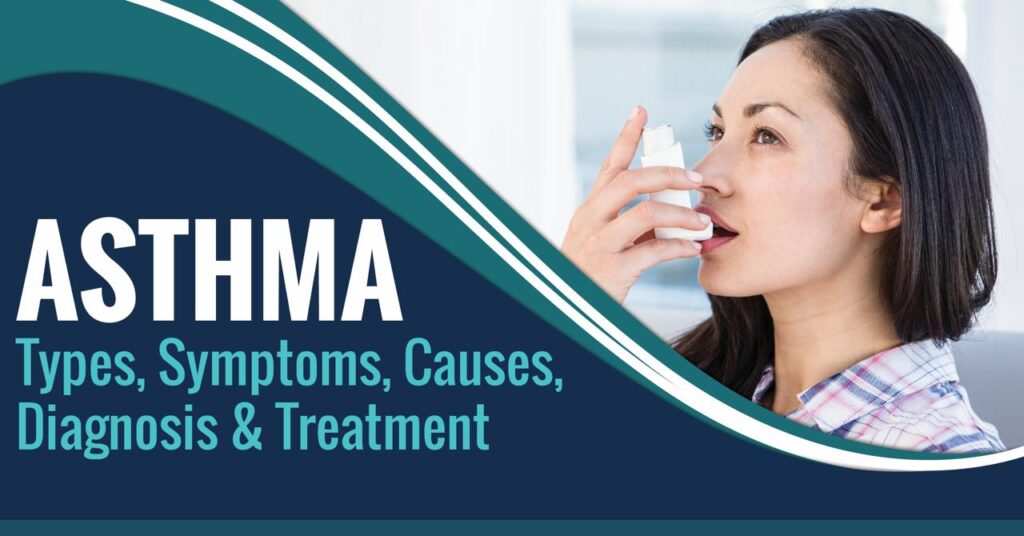Introduction
Polycystic Ovary Syndrome (PCOS) and Polycystic Ovary Disease (PCOD) are two commonly discussed but often misunderstood conditions that affect women’s reproductive health. While they share similar symptoms and may be used interchangeably, PCOS is a more complex hormonal disorder, whereas PCOD refers to the condition where the ovaries contain many immature or partially mature eggs. Both conditions can lead to irregular menstrual cycles, infertility, and other health concerns if left untreated.
We will delve deeper into the differences between PCOS and PCOD, their symptoms, causes, and the impact they have on women’s health. Additionally, we will explore effective treatment options, lifestyle modifications, and the role of diet and exercise in managing these conditions. Understanding these aspects will help provide clarity and offer a path to better managing the conditions.
What are PCOD and PCOS?
PCOS (Polycystic Ovary Syndrome) and PCOD (Polycystic Ovary Disease) are both conditions that affect a woman’s ovaries, leading to hormonal imbalances. Although they share similar symptoms and names, they have some key differences.
PCOS (Polycystic Ovary Syndrome): PCOS is a more complex hormonal condition characterized by an imbalance in reproductive hormones. Women with PCOS often have higher levels of androgens (male hormones) and insulin, leading to problems like irregular menstrual cycles, infertility, acne, and excess hair growth. The ovaries may develop small cysts (fluid-filled sacs), but cysts themselves are not a defining feature of PCOS.
Symptoms of PCOS include:
- Irregular or missed periods
- Difficulty getting pregnant (infertility)
- Weight gain or difficulty losing weight
- Excessive facial or body hair (hirsutism)
- Acne or oily skin
- Thinning hair on the scalp
- Insulin resistance (which can lead to Type 2 diabetes)
PCOD (Polycystic Ovary Disease): PCOD is a term that is often used interchangeably with PCOS, but technically, it refers to a less severe condition where there are cysts in the ovaries but the hormonal imbalance may not be as significant. Women with PCOD may have normal menstrual cycles and may not experience all the symptoms of PCOS, but still, they may have ovarian cysts.
Symptoms of PCOD can include:
- Irregular or heavy periods
- Mild acne
- Weight gain or difficulty losing weight
- Scalp hair thinning or excess body hair
- Ovarian cysts detected on ultrasound
Key Differences:
- Cyst Formation: In PCOS, cysts are not always present, while in PCOD, cysts are a primary feature.
- Hormonal Imbalance: PCOS typically involves a more significant hormonal imbalance, including higher levels of androgens and insulin resistance.
- The severity of Symptoms: PCOS often causes more severe symptoms, such as infertility and excess hair growth, while PCOD tends to be milder.
- Impact on Fertility: PCOS is a leading cause of infertility due to anovulation (lack of ovulation), while PCOD may not always result in infertility.
You can read also:- Gastroenteritis (Stomach Flu): Causes, Symptoms, Diagnosis and Treatment
What Causes PCOD and PCOS?
Several factors are believed to contribute to the development of both conditions. These include genetics, insulin resistance, hormonal imbalances, and inflammation.
Causes of PCOS:
- Hormonal Imbalance:
- Women with PCOS often have higher levels of androgens (male hormones like testosterone), which can interfere with ovulation, leading to irregular or absent periods, and cause symptoms like excessive hair growth (hirsutism) and acne.
- Insulin resistance is common in PCOS, leading to increased levels of insulin in the body. This can result in weight gain and further increase androgen production, worsening the condition.
- Genetics:
- PCOS tends to run in families, so if a mother or sister has PCOS, a woman is more likely to develop the condition. Genetic factors are thought to play a key role, though specific genes involved are still being studied.
- Insulin Resistance:
- Many women with PCOS have insulin resistance, where the body’s cells don’t respond properly to insulin, leading to higher blood sugar levels. This causes the pancreas to produce more insulin, which in turn stimulates the ovaries to produce more androgens, interfering with normal ovulation.
- Chronic Low-Grade Inflammation:
- Women with PCOS often have higher levels of inflammation in their bodies. This chronic low-grade inflammation can contribute to insulin resistance and may also affect ovarian function.
- Environmental Factors:
- Lifestyle factors like a poor diet, lack of physical activity, and obesity can contribute to insulin resistance and worsen the symptoms of PCOS.
Causes of PCOD:
- Hormonal Imbalance:
- While PCOD may not involve the same degree of hormonal imbalance as PCOS, an imbalance in reproductive hormones (e.g., an overproduction of androgens) is still often seen. This can lead to the formation of cysts in the ovaries and issues with ovulation.
- Genetics:
- Like PCOS, PCOD can also run in families. If close relatives like mothers or sisters have PCOD, there’s a higher likelihood of developing the condition.
- Lifestyle Factors:
- Diet, lack of exercise, and being overweight can exacerbate symptoms of PCOD. Although it doesn’t always lead to insulin resistance, these factors can still affect hormone levels and the functioning of the ovaries.
- Overproduction of LH (Luteinizing Hormone):
- Some women with PCOD may experience an imbalance in the levels of LH and FSH (Follicle-Stimulating Hormone). Normally, FSH stimulates the ovaries to produce eggs, but in PCOD, the imbalance in these hormones can lead to the formation of cysts, as the eggs do not fully develop or are not released during ovulation.
Treatments for PCOD and PCOS
Treatment for PCOD (Polycystic Ovary Disease) and PCOS (Polycystic Ovary Syndrome) focuses on managing symptoms, improving quality of life, and preventing long-term complications such as infertility, diabetes, and cardiovascular disease. The treatment approach may vary depending on the severity of symptoms and individual needs, such as whether the woman is trying to conceive or not.
PCOS Treatment:
- Lifestyle Changes:
- Diet and exercise to manage weight and improve insulin sensitivity.
- Stress management.
- Medications:
- Birth control pills to regulate periods and reduce androgens.
- Anti-androgens (e.g., spironolactone) for acne and excess hair.
- Metformin for insulin resistance.
- Clomiphene (Clomid) or letrozole for ovulation induction in case of infertility.
- Progestins to induce regular periods.
- Fertility Treatments:
- In Vitro Fertilization (IVF) in severe infertility cases.
- Surgical Options:
- Ovarian drilling for women who don’t respond to medications.
- Long-term Health Monitoring:
- Regular monitoring for diabetes, high blood pressure, and heart disease.
PCOD Treatment:
- Lifestyle Changes:
- Diet and exercise to maintain a healthy weight and regulate periods.
- Medications:
- Birth control pills to regulate cycles and reduce cysts.
- Anti-androgens for acne and excess hair.
- Progestins for irregular periods.
- Metformin if insulin resistance is present.
- Cyst Management:
- Regular monitoring of ovarian cysts; surgery if necessary.
- Fertility Treatments:
- Clomiphene (Clomid) or letrozole to stimulate ovulation if needed.
- Psychological Support:
- Therapy and support for emotional challenges.
You can read also:- The Importance of Regular Exercise: How It Benefits Body and Mind
Prevention of PCOD and PCOS
While PCOS (Polycystic Ovary Syndrome) and PCOD (Polycystic Ovary Disease) cannot be completely prevented due to their genetic and hormonal nature, certain lifestyle changes can reduce the risk of developing these conditions or help manage symptoms. Here are some strategies to prevent or minimize the impact of PCOS and PCOD:
Prevention of PCOS:
- Healthy Diet:
- Maintain a balanced diet rich in whole grains, fruits, vegetables, lean proteins, and healthy fats. Limiting processed foods and refined sugars can help manage insulin levels and reduce the risk of insulin resistance.
- Regular Exercise:
- Engage in regular physical activity (at least 30 minutes a day) to help manage weight, improve insulin sensitivity, and regulate menstrual cycles.
- Maintain a Healthy Weight:
- Achieving and maintaining a healthy weight can help reduce the severity of PCOS symptoms, as even modest weight loss can improve insulin resistance, hormonal balance, and fertility.
- Monitor and Manage Stress:
- Chronic stress can worsen hormonal imbalances. Practicing stress-reducing techniques like yoga, meditation, and mindfulness can be beneficial.
- Early Detection and Regular Checkups:
- Regular checkups with a healthcare provider can help detect early signs of PCOS, especially if there’s a family history of the condition. Early intervention can help manage symptoms effectively.
Prevention of PCOD:
- Healthy Lifestyle:
- A healthy diet and regular exercise can prevent the development of PCOD by helping maintain a healthy weight and balancing hormones.
- Weight Management:
- Maintaining a healthy weight can reduce the likelihood of developing insulin resistance, which is a key factor in PCOD.
- Avoiding Excessive Use of Hormonal Birth Control:
- If possible, limit the use of hormonal birth control unless prescribed, as it can sometimes disrupt natural hormonal balance over time.
- Regular Monitoring:
- Women with a family history of PCOD should have regular checkups to monitor ovarian health and catch any potential issues early.
- Manage Underlying Conditions:
- If you have any conditions related to hormonal imbalances, such as thyroid disorders or metabolic syndrome, managing these conditions can help reduce the risk of developing PCOD.
Conclusion
In conclusion, both PCOS (Polycystic Ovary Syndrome) and PCOD (Polycystic Ovary Disease) are common hormonal disorders that affect women’s reproductive health, with varying degrees of severity. While the exact causes remain unclear, factors such as hormonal imbalances, insulin resistance, and genetics play a significant role in the development of these conditions. The major factor one should focus on when managing these conditions is maintaining a healthy lifestyle, including regular exercise, a balanced diet, and weight management, which can help regulate hormonal levels and improve overall health.
Both PCOS and PCOD typically fall under the Gynecology and Endocrinology departments, as they involve reproductive health and hormonal imbalances. For accurate diagnosis and effective treatment, Shekhawati Hospital is renowned for having some of the best specialists who are equipped with the expertise and resources to provide personalized care for managing PCOS and PCOD.

